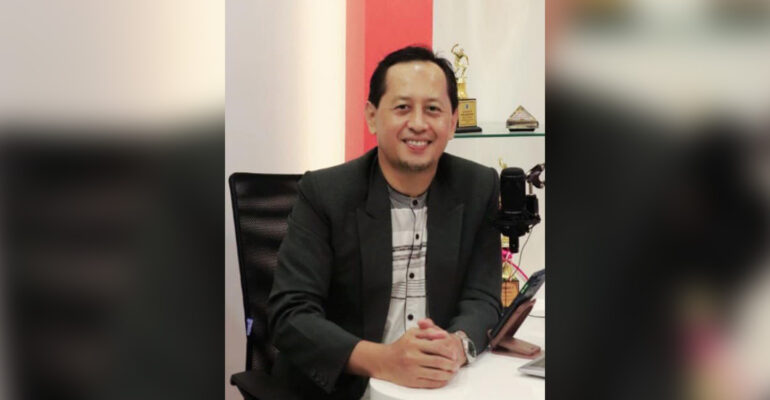IPB University Development Economics Expert: Homecoming Drives Rural Economic Growth

Eid homecoming is a social, cultural and economic phenomenon that is routinely practiced by Indonesians every year. People from overseas return to their hometowns ahead of Eid.
Assoc Prof Muhammad Findi, a lecturer in Economics and Development Studies at IPB University, explains that homecoming is more than just a cultural or religious event. It also plays an important role in boosting rural economies.
“Homecoming triggers an economic shift as money flows from urban areas back to villages where many migrants originally come from,” he stated in an interview with IPB University’s Public Relations team.
According to him, remittances sent by workers in the city to their families in rural areas create a significant positive impact. “The movement of money from cities to villages reshapes local economic and social conditions,” he added.
This financial inflow helps rural economies grow by increasing household consumption and supporting various sectors, including small businesses, agriculture, and local food production.
“This is the blessing of mudik. It is not only about reconnecting with family but also about improving the economic well-being of rural communities,” said the Faculty of Economics and Management lecturer.
However, Muhammad Findi emphasizes that rural communities must manage these financial inflows wisely. To maintain long-term economic benefits, he suggests investing in productive sectors such as small businesses.
He also highlights the need for a shift in financial management mindsets, proposing that education and healthcare investments are other effective ways to use these funds.
“People in rural areas must rethink how they manage their finances. Besides starting small businesses, the best way to improve social welfare with dignity is by investing in education and healthcare,” he concluded. (IAAS/HPH)



